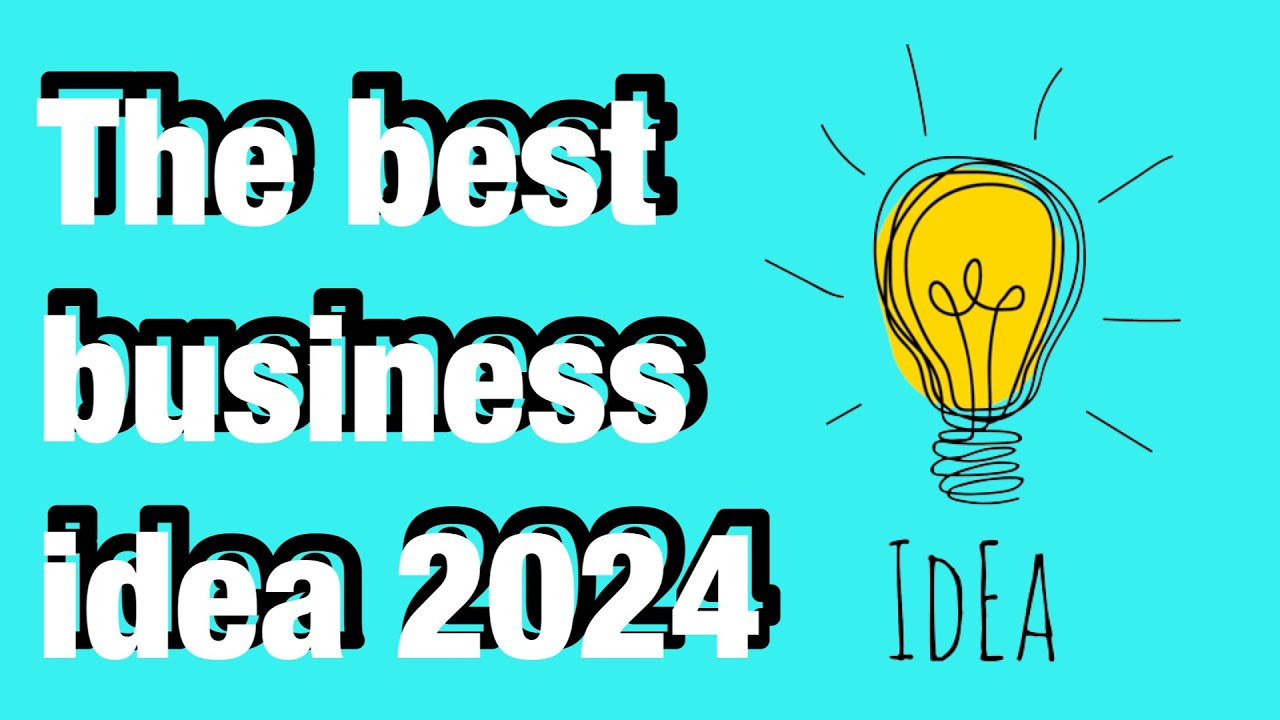Business Strategies for Success in a Rapidly Changing World


In today’s dynamic and interconnected world, the landscape of business is continually evolving. With advancements in technology, shifting consumer preferences, and global economic changes, companies must adapt to remain competitive. This article explores key strategies for navigating the modern business environment and achieving sustained success.
Embracing Technological Innovation
One of the most significant factors influencing modern business is the rapid pace of technological advancement. From automation to artificial intelligence (AI), technology is reshaping industries and creating new opportunities. For businesses, staying ahead of technological trends is crucial for maintaining a competitive edge.
Investing in technology can streamline operations, improve efficiency, and enhance customer experiences. For instance, customer relationship management (CRM) systems enable businesses to manage interactions with customers more effectively, leading to increased satisfaction and loyalty. Similarly, AI-driven analytics provide valuable insights into consumer behavior, helping businesses make data-driven decisions.
Moreover, adopting emerging technologies like blockchain can enhance transparency and security in transactions, while innovations in cloud computing offer scalable solutions for data storage and collaboration. Embracing these technologies can drive growth and position a business as a leader in its industry.
Understanding Consumer Behavior
In an era where consumers have access to a wealth of information and options, understanding their behavior is more important than ever. Modern consumers are more informed, demanding, and value-driven, making it essential for businesses to stay attuned to their preferences and expectations.
Utilizing data analytics tools can help businesses gain insights into consumer behavior, preferences, and trends. This information can inform marketing strategies, product development, and customer service approaches. Personalized marketing, for example, leverages data to deliver targeted messages that resonate with individual consumers, increasing engagement and conversion rates.
Additionally, businesses should focus on building strong relationships with their customers. Engaging with customers through social media, soliciting feedback, and addressing concerns promptly can foster trust and loyalty. Companies that prioritize customer experience and adapt to changing consumer needs are better positioned for long-term success.
Adapting to Market Trends
The business environment is influenced by a range of market trends, from economic shifts to social and environmental concerns. Staying informed about these trends and adapting strategies accordingly is crucial for maintaining relevance and competitiveness.
For example, the rise of sustainability as a key consumer value has led many businesses to adopt environmentally friendly practices. Companies that integrate sustainability into their operations, such as reducing waste, using renewable energy, and supporting ethical sourcing, can appeal to environmentally conscious consumers and differentiate themselves in the market.
Similarly, the shift towards remote work and digital collaboration tools has accelerated in recent years. Businesses that adapt to this trend by implementing flexible work arrangements and investing in remote collaboration technologies can attract top talent and enhance productivity.
Fostering Innovation and Creativity
Innovation is a driving force behind business success. Encouraging a culture of innovation and creativity within an organization can lead to the development of new products, services, and business models. Companies that foster an environment where employees feel empowered to share ideas and experiment with new approaches are more likely to stay ahead of competitors.
Implementing strategies such as regular brainstorming sessions, cross-functional teams, and innovation labs can stimulate creativity and generate fresh ideas. Additionally, investing in research and development (R&D) allows businesses to explore new technologies and solutions that can provide a competitive advantage.
Companies that embrace innovation are better equipped to respond to changing market conditions and seize new opportunities. By staying agile and open to new possibilities, businesses can drive growth and remain relevant in a rapidly evolving landscape.
Building a Strong Brand Identity
In a crowded marketplace, a strong brand identity is essential for standing out and building customer loyalty. A well-defined brand identity communicates a company’s values, mission, and unique value proposition, creating a connection with consumers and differentiating it from competitors.
Developing a compelling brand story, maintaining consistent messaging, and investing in quality design and marketing materials can enhance brand recognition and appeal. Additionally, businesses should actively manage their brand reputation by addressing negative feedback and showcasing positive customer experiences.
A strong brand identity not only attracts customers but also fosters employee pride and engagement. Employees who resonate with a company’s brand values are more likely to be motivated and committed, contributing to overall organizational success.
Behavior
Navigating the modern business landscape requires a proactive approach to technology, consumer behavior, market trends, innovation, and brand identity. By embracing technological advancements, understanding and responding to consumer preferences, adapting to market changes, fostering innovation, and building a strong brand, businesses can position themselves for success in a rapidly evolving world.


